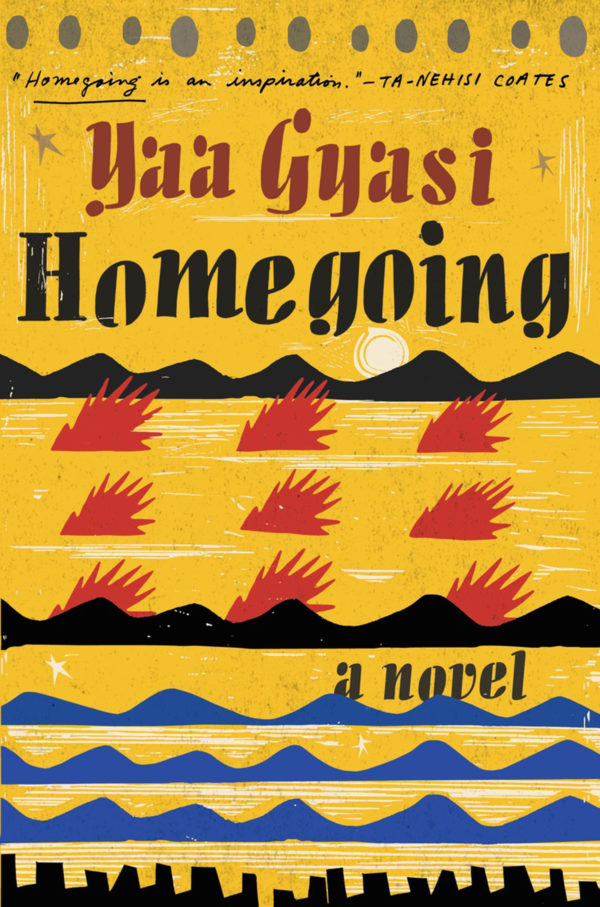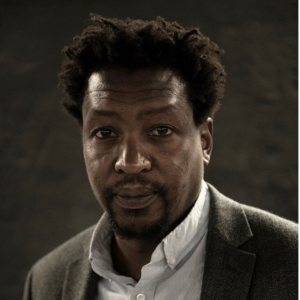
Yaa Gyasi’s hot debut novel, Homegoing, just fell short of bagging its fourth award of 2017, following wins of the National Book Critics Circle Award’s John Leonard Prize, the 2017 PEN Hemingway Award for Debut Fiction, and the American Book Awards. It was named runner-up for the 2017 Dayton Literary Peace Prize for fiction, ceding top spot to Patricia Engel’s The Veins of the Ocean. Still, it’s a win.
Awarded in fiction and nonfiction categories, the Dayton Literary Peace Prize honours books that “promote peace, social justice, and global understanding.” The nonfiction winner is David Wood’s What Have We Done, with Ben Rawlence’s City of Thorns as runner-up. The winners will each receive $10,000 while the runners-up will receive $2,500.
Described as “an inspiration” by Ta-Nehisi Coates, with Zadie Smith declaring it “destined to be a classic,” Homegoing was shortlisted for the PEN/Robert W. Bingham Prize for Debut Fiction and secured Gyasi a place on Granta‘s Best of Young American Novelists 2017. Homegoing was further named NPR’s Debut Novel of the Year and made it to several major lists: it was a The New York Times 2016 Notable Book, one of Time‘s Top 10 Novels of 2016, one of Oprah’s 10 Favorite Books of 2016, and one of Buzzfeed‘s Best Fiction Books of 2016. Recently, the novel was made mandatory reading for Stanford freshers.

Here is a description of the novel on Amazon.
The unforgettable New York Times best seller begins with the story of two half-sisters, separated by forces beyond their control: one sold into slavery, the other married to a British slaver. Written with tremendous sweep and power, Homegoing traces the generations of family who follow, as their destinies lead them through two continents and three hundred years of history, each life indeliably drawn, as the legacy of slavery is fully revealed in light of the present day.
Effia and Esi are born into different villages in eighteenth-century Ghana. Effia is married off to an Englishman and lives in comfort in the palatial rooms of Cape Coast Castle. Unbeknownst to Effia, her sister, Esi, is imprisoned beneath her in the castle’s dungeons, sold with thousands of others into the Gold Coast’s booming slave trade, and shipped off to America, where her children and grandchildren will be raised in slavery. One thread of Homegoing follows Effia’s descendants through centuries of warfare in Ghana, as the Fante and Asante nations wrestle with the slave trade and British colonization. The other thread follows Esi and her children into America. From the plantations of the South to the Civil War and the Great Migration, from the coal mines of Pratt City, Alabama, to the jazz clubs and dope houses of twentieth-century Harlem, right up through the present day, Homegoing makes history visceral, and captures, with singular and stunning immediacy, how the memory of captivity came to be inscribed in the soul of a nation.
Congratulations to Yaa Gyasi! She will be at the awards ceremony, hosted by Gilbert King, in Dayton on 5 November.
See all the winners HERE.









COMMENTS -
Reader Interactions